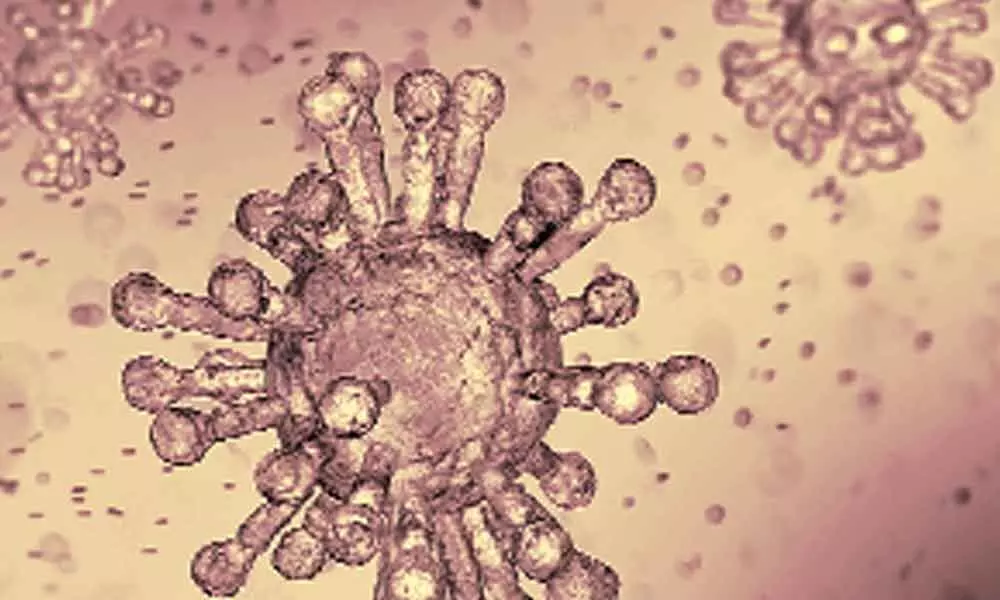How coronavirus stays on hospital surfaces decoded

Berlin: Researchers have reviewed studies on the persistence of coronaviruses on surfaces in hospitals like door handles, call buttons, bedside tables, and bed frames, and have suggested ways of using disinfectants on these objects.
The review research, published in the Journal of Hospital Infection, compiled comprehensive findings from 22 studies on coronaviruses and their inactivation. "Under the circumstances, the best approach was to publish these verified scientific facts in advance, in order to make all information available at a glance," said Eike Steinmann, study co-author from Ruhr-Universitat Bochum in Germany. The researchers assessed studies on the pathogens SARS and MERS -- both belonging to the coronavirus family -- and reported that these viruses can persist on surfaces, and remain infectious at room temperature for up to nine days. These viruses survive between four and five days on average, the current research noted. "Low temperature and high air humidity further increase their lifespan," said Gunter Kampf, another co-author of the study. Disinfection solutions based on the chemicals ethanol, hydrogen peroxide, or sodium hypochlorite are effective against coronaviruses, the researchers said. If these agents are applied in appropriate concentrations, they reduce the number of infectious coronaviruses from one million to only 100 pathogenic particles within one minute, they added. According to the scientists, if preparations based on other active ingredients are used, the product should be proven to be at least effective against enveloped viruses. "As a rule, this is sufficient to significantly reduce the risk of infection," explained Kampf. The study noted that the findings may be transferable to the novel coronavirus (2019-nCoV) which has so far claimed the lives of 723 people globally, infecting more than 34,500 individuals since it was first reported in December last year in China. "Different coronaviruses were analysed, and the results were all similar," Steinmann said.

















